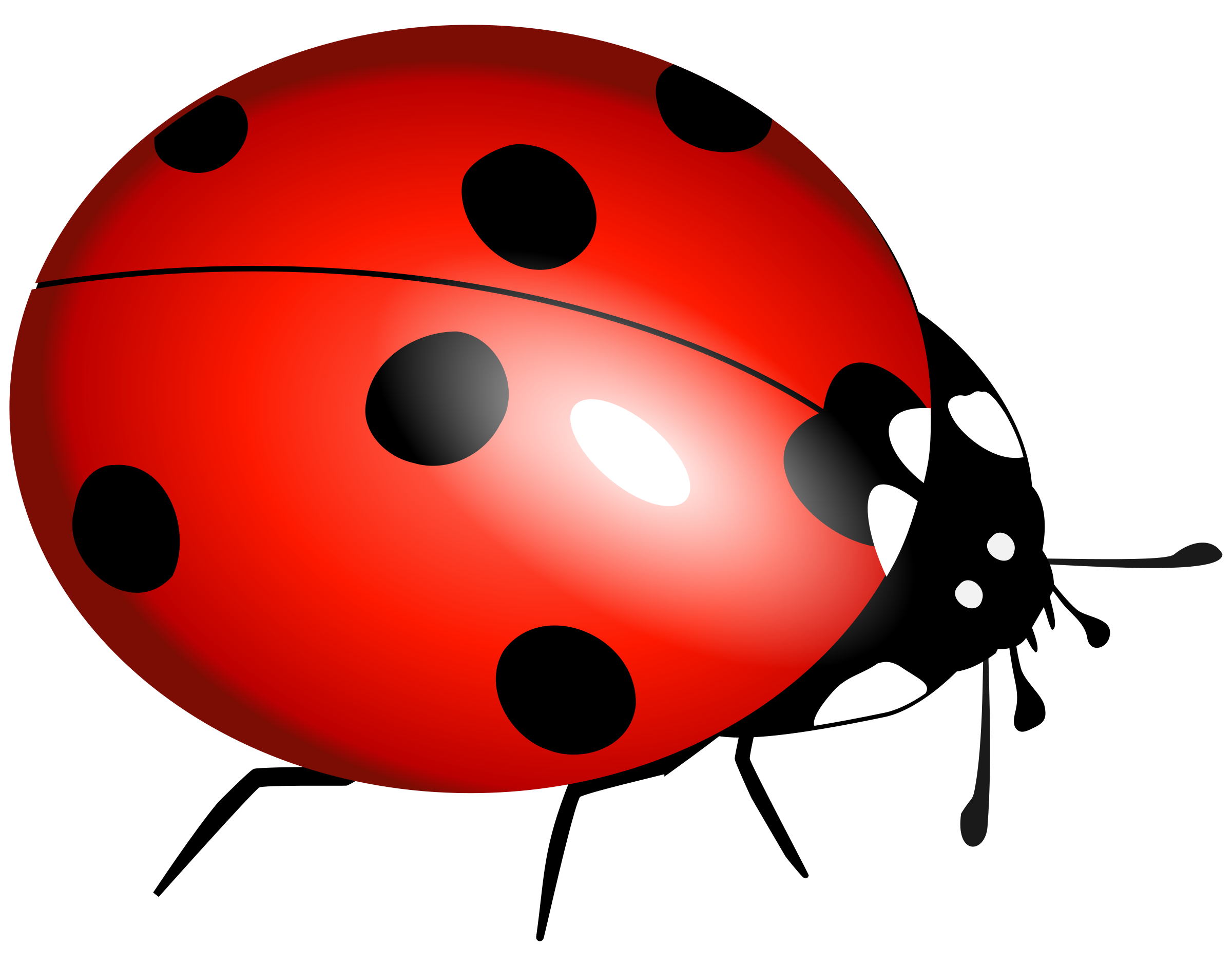
This image has format transparent PNG with resolution 2400x1882.
You can download this image in best resolution from this page and use it for design and web design.
ladybug PNG image with transparent background you can download for free, just click on download button.
Coccinellidae is a widespread family of small beetles ranging from 0.8 to 18 mm (0.0315 to 0.708 inches).
They are commonly yellow, orange, or red with small black spots on their wing covers, with black legs, heads and antennae. However such colour patterns vary greatly. For example, a minority of species, such as Vibidia duodecimguttata, a twelve-spotted species, have whitish spots on a brown background. Coccinellids are found worldwide, with over 6,000 species described.
Coccinellids are known as ladybugs in North America, and ladybirds in other areas. Entomologists widely prefer the names ladybird beetles or lady beetles as these insects are not classified as true bugs.
The majority of coccinellid species are generally considered useful insects, because many species prey on herbivorous homopterans such as aphids or scale insects, which are agricultural pests. Many coccinellids lay their eggs directly in aphid and scale insect colonies in order to ensure their larvae have an immediate food source. However, some species do have unwelcome effects; among these, the most prominent are of the subfamily Epilachninae (which includes the Mexican bean beetle), which are herbivorous themselves. Usually, epilachnines are only minor agricultural pests, eating the leaves of grain, potatoes, beans, and various other crops, but their numbers can increase explosively in years when their natural enemies, such as parasitoid wasps that attack their eggs, are few. In such situations, they can do major crop damage. They occur in practically all the major crop-producing regions of temperate and tropical countries.
On this page you can download free PNG images on theme: Ladybug PNG image free download